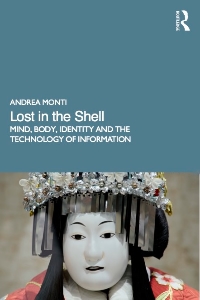In the United States, political powers are using private platforms as an armed wing to bypass the limits of the rule of law. Opening up new scenarios for control in the digital society by Andrea Monti – originally published in Italian in La Repubblica-Italian Tech Continue reading “An app that maps anti-immigration police has been removed from stores. A new form of censorship?”
A law prohibiting minors from using social media has come into force in Australia: here is what it entails
Canberra introduces the first national restrictions on access to social media, but the effectiveness of the ban will depend on how controls, platforms and unregistered content are managed. by Andrea Monti – Initially published in Italian by La Repubblica – Italian Tech
Continue reading “A law prohibiting minors from using social media has come into force in Australia: here is what it entails”
The role of internet governance: who decides what
When an operator/internet provider grows beyond a certain size, it becomes capable of influencing the way Big Internet works and effectively becomes part of the network’s governance by Andrea Monti – Initially published in Italian by MIT Technology Review Italy Continue reading “The role of internet governance: who decides what”
How the Big Internet works, between architecture, protocols and governance
The metaphor of a ‘network of networks’ commonly used to explain how the Big Internet works only partially describes it. The Big Internet is, in fact, a technical infrastructure, a social organisation and a set of shared standards all at once. And it is much less free and rebellious than people think by Andrea Monti – Initially published in Italian by MIT Technology Review Italy Continue reading “How the Big Internet works, between architecture, protocols and governance”





